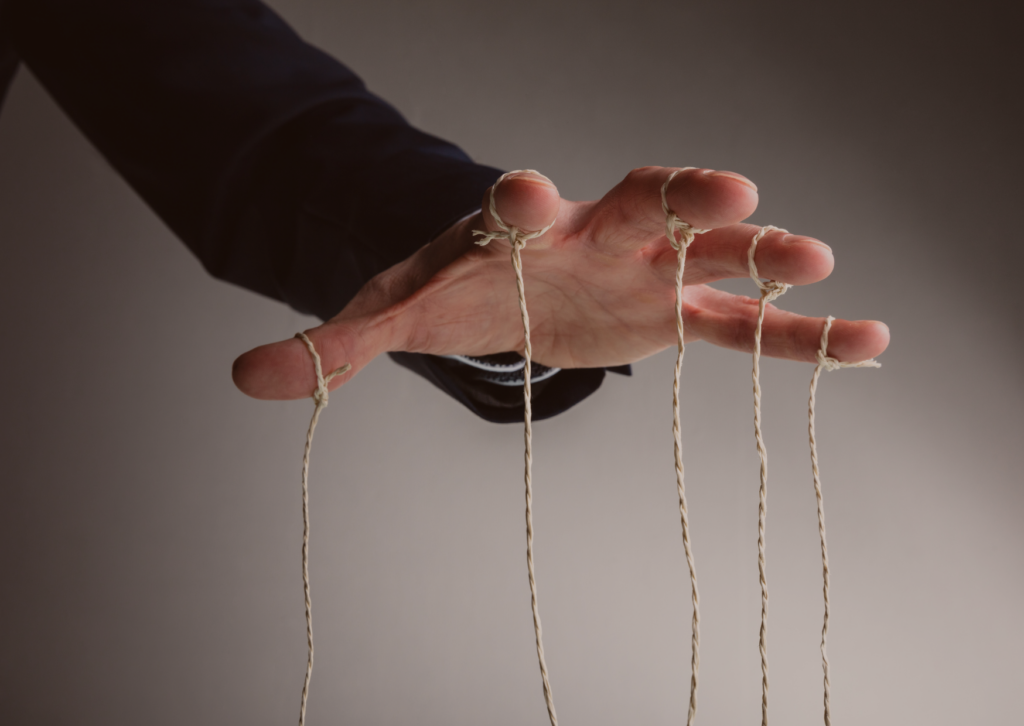
The secret is learning to identify and control what is controllable.
We often feel helpless, hopeless and defeated when we are faced with situations that we have no control over. We feel powerless, angry and sad. It ruins our sense of happiness. The hard truth is that there is very little that we actually have control over.
The illustration in the app depicts the areas in which you have full control- your attitude, efforts, actions, thoughts, feelings, ideas and words. You don’t manufacture all our thoughts and ideas, however you are in control of managing them. Your environment and people around you will most definitely impact you, however, you decide how you will respond by your attitude, your actions and your words.
If you focus on the areas that you are able to control, you will experience more autonomy and less anxiety. Happiness is directly linked to a strong sense of controlling the controllable – an internal locus of control. We are able to control our actions, words, efforts, creativity and ideas, the consequences of our mistakes and the space we create to learn and grow in our personal journeys, even our happiness.
You make the decisions in the inner circle, no one else does.
The outer circle is the space wherein we have no control over. This includes things such as what others may think of you, the outcome of your efforts, the future, how others behave, other peoples mistakes, their words or the actions of others. These are all areas in which we have zero control. Trying to exert control in this space may leave you feeling helpless, hopeless, powerless and defeated when you realize things do not happen the way you wanted them too. In this trap, you might also take responsibility for things outside of your control that adds to the emotional arousal that maintains depression.
It’s important to reflect on how much time you spend worrying about the areas or events in which you have no control.
You can choose to spend time focusing and prioritizing the things you can control. Happy people will spend the majority of their time and energy in the circle. They focus on the parts they have the most control over and let the rest go.
How does this translate in the practice? When you register worry, anxiety or hopelessness ask yourself, “Is this in my control? If it’s in your control, change it. If it’s outside of your control take a deep breath and let it go. Refocus your attention on what you can control. For example, we unfortunately cannot decide whether or not it will rain, but we have the ability to choose how we react to it.
HeyHappy wants to support and encourage you to start identifying what is inside of your control and redirect your focus to these aspects. It will take discipline and giving yourself enough opportunity to succeed, we believe in you!
written by Kerry Kirkman, clinical psychologist and Derika de Villiers, clinical psychologist.
